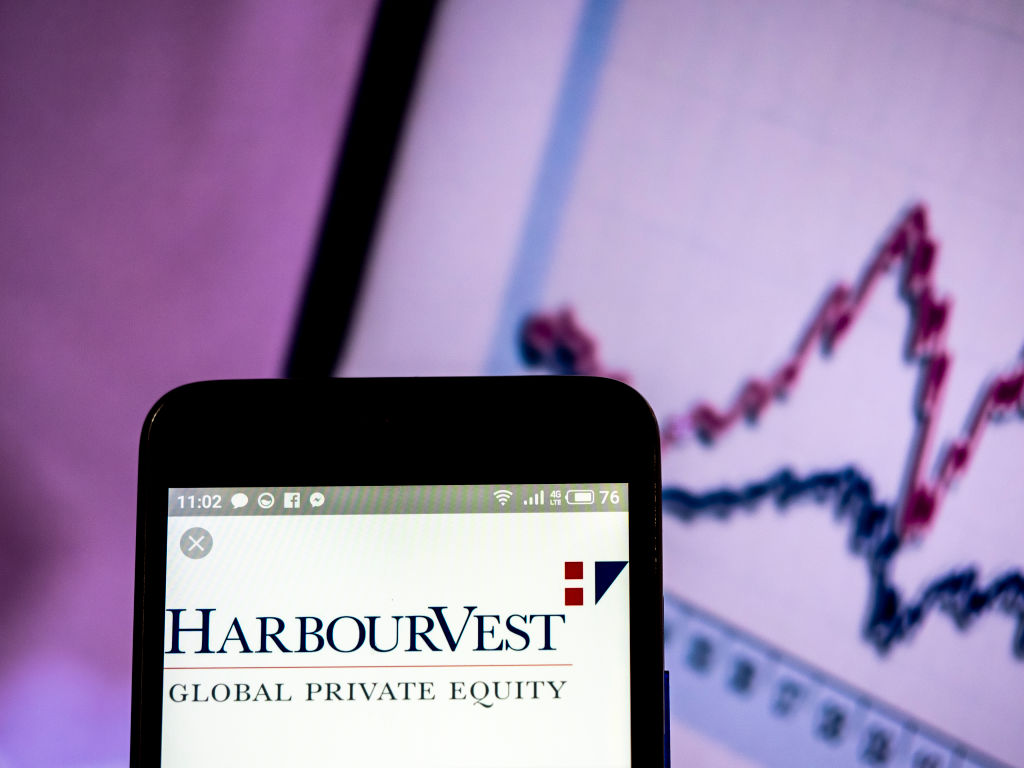The popularity of any investment trust , and hence the discount or premium to net asset value (NAV) at which its shares trade, ought in theory to reflect its historic performance and its prospects for the future. Investors, however, are far from rational. A trust that has grown its NAV by 251% in 10 years, doubling it in five, compared with the FTSE All-World index’s total return of 138%, ought to be a market darling.
But the shares of HarbourVest Global Private Equity (LSE: HVPE) trade at a discount of over 40%. Doesn’t that suggest that its portfolio is massively overvalued? That argument might be plausible if stock markets had crashed, the world was facing recession, valuations were defying gravity and disposals had ground to a halt. But markets have been rising steadily against a benign economic backdrop.

The average valuation multiple for a representative sample of the portfolio at year-end was a reasonable 14 times cash flow , average cash flow having increased 15% in the year. A conservative valuation In the year to 31 January 2024, around 10% of the portfolio was sold at an average premium to carrying value of 24%, which suggests that the portfolio valuation is conservative. A conservative valuation makes it easy to continue generating uplifts in the future.
One of HVPE’s largest investments , accounting for 2.1% of the portfolio, is Chinese fast-fashion group Shein, expected to list in London soon . Why, then, doesn’t HVPE buyback shares at such a discount? A.
















